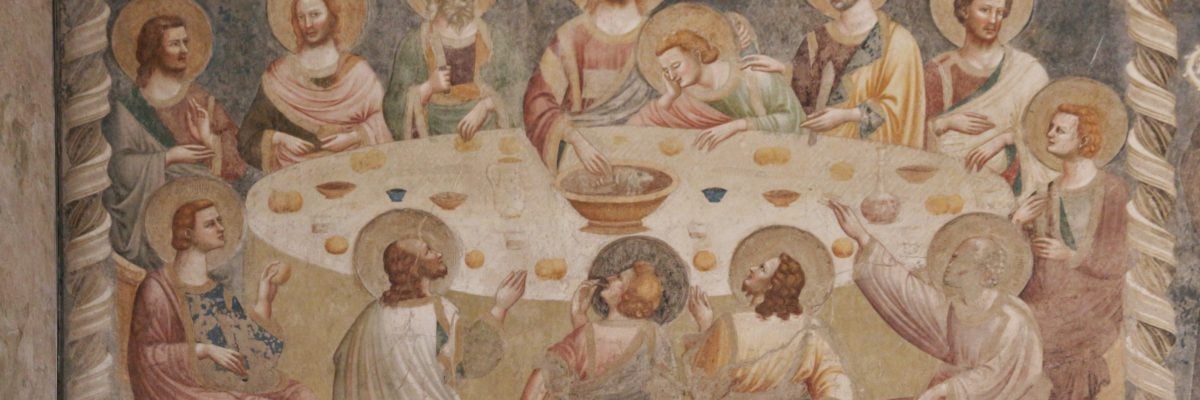
Question:
Answer:
Generally, the Plymouth Brethren (Plymouth, England, not Massachusetts!) would not be considered a cult. It is originally an attempt out of the Church of England in the early and mid-nineteenth century to return to a more radical Christian community like that of the first Christians. In this they have some similarities with the Methodist movement of the preceding century. This being said, there are some branches of this movement, the “exclusive” or “closed” branches, that make a great deal of excommunication for moral offenses and so have taken on the reputation of a cult. But generally, they are Protestant Christians who emphasize a pure profession of the faith with simplicity of life and worship, without a clergy but with a sharing of the Lord’s Supper at each service of the community.



